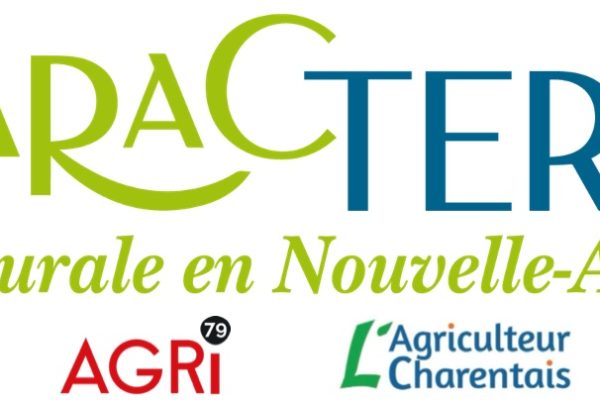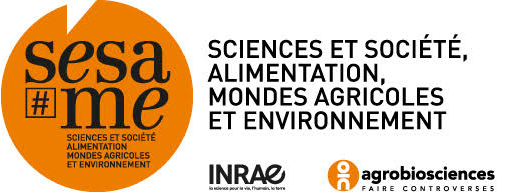Document type: news item from Eurogroup for animals
Author: Eurogroup for Animals
Preview: With the recent election of Javier Milei as President of Argentina, a far-right libertarian who has denied human-induced climate change, the European Commission is again accelerating the negotiations to finally conclude the EU-Mercosur trade agreement under the Brazilian presidency of Mercosur, before Javier Milei takes office on December 10.The EU and Mercosur countries (Argentina, Brazil, Paraguay and Uruguay) concluded a free trade agreement (FTA) in 2019 that has been in a stalemate since then. Following massive pushback from civil society organisations, the European Parliament stated that it would not ratify the agreement "as it stands". Some Member States followed suit and publicly opposed the FTA, calling for significant amendments such as requiring EU-equivalent production standards, including on animal welfare, for imported products. To unlock the stalemate, the European Commission and Mercosur countries have been negotiating a "joint instrument", which was purported to address the sustainability issues created by the FTA. However, the proposed joint instrument appears to fail to add new obligations, only offering further detail to the language already included in the agreement. There is neither commitment to tackle environmental concerns nor any additional enforceable measures. Eurogroup for Animals recalls that there are intrinsic issues with the agreement that would need fixing before the deal is ratified and implemented. Even with the joint instrument, the agreement would still reinforce the intensification of animal farming, in particular beef and poultry production, rendering investments in these sectors more lucrative and increasing the risks of deforestation and human rights abuses due to the EU's demand for commodities such as soya, beef and poultry. Existing EU legislation cannot prevent these consequences. The long awaited revision of the animal welfare legislation could incentivise sustainable methods of production in Mercosur countries as it should apply to imported products. Regrettably, the proposed legislation has not yet been put forward by the European Commission. Furthermore, the regulation on imported deforestation, which is a step in the right direction, will not be enough to offset the negative consequences of the deal as it leaves out ecosystems (e.g. Cerrado, Pantanal, Gran Chaco) that are currently being destroyed at record levels by animal agriculture, including the production of soy for animal feed.




